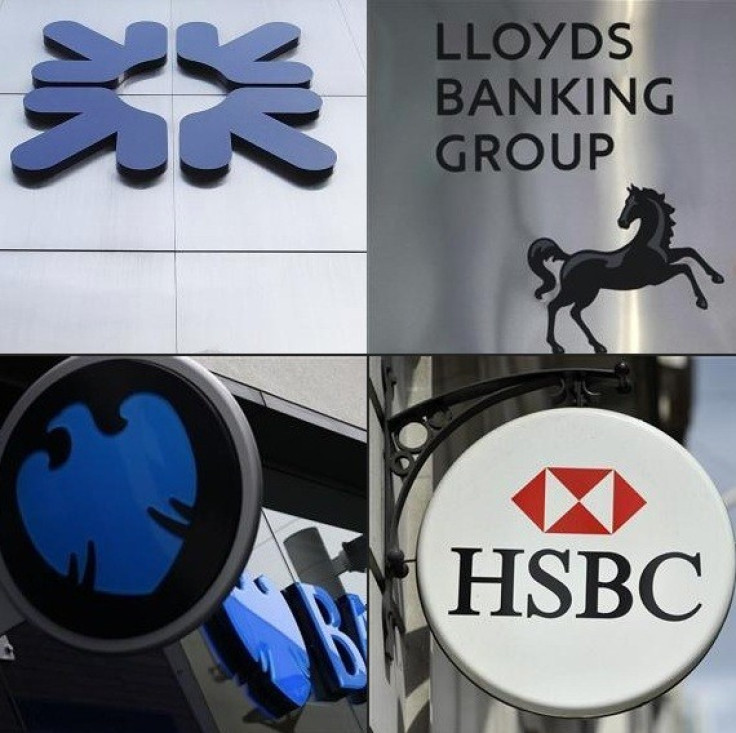McMafia warning: Illegal wealth of mega-rich can be now seized
"When we get to you we will come for you, for your assets and we will make the environment that you live in difficult."

New laws in the UK will unleash the full power of security officials and put mega-rich Russians under the magnifying glass.
Law enforcement will, as of this week, have the power to seize and keep privately owned assets until owners can prove their legal acquisition. According to The Times, about £90 billion is illegally laundered in the UK each year.
Russian organised crime has been dramatised by BBC One show McMafia. But Security Minister Ben Wallace said the program helped Britain realise that "fact was ahead of fiction".
"It's a really good portrayal of sharp-suited wealthy individuals, but follow the money and it ends up with a young girl getting trafficked for sex," Wallace told The Times.
Wallace also sent a clear message to anyone looking to exploit the UK for money laundering purposes: "When we get to you we will come for you, for your assets and we will make the environment that you live in difficult."
Previous rules restricted UK officials from seizing assets of suspected launderers until they were convicted in another country. The Unexplained Wealth Orders give power to the state when an individual cannot explain an asset worth more than £50,000.
"If they are an MP in a country where they don't receive a big salary but suddenly they have a nice Knightsbridge townhouse worth millions and they can't prove how they paid for it, we will seize that asset, we will dispose of it and we will use the proceeds to fund our law enforcement," Wallace said.
"Unexplained wealth orders can be used against everyone from a local drug trafficker to an international oligarch or overseas criminal. I have put pressure on the law enforcement agencies to use them soon because too many government measures get passed but no one gets into the habit of using them and five years later people say, 'what happened to that?'. We want to maintain momentum."
Rachel Davies Teka Transparency International's UK head of advocacy, told The Times she was hopeful the new laws would help officials to "make a stand and say we are not going to allow the UK to launder the world's dirty money."
In March 2017, it was reported that 500 wealthy and connected Russians were behind an operation, known as 'the Global Laundromat' whose banking records were obtained by the Organized Crime and Corruption Reporting Project (OCCRP) and the newspaper Novaya Gazeta.
HSBC, Lloyds and Barclays were all heavily scrutinised for their involvement. Almost £600 million was laundered.






